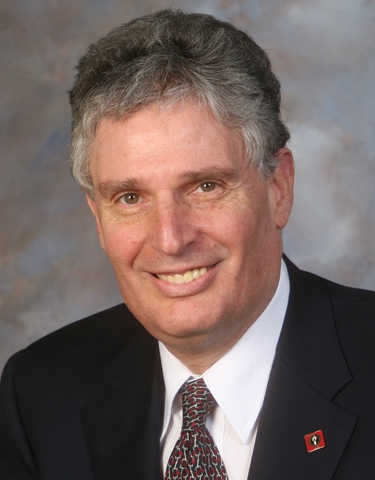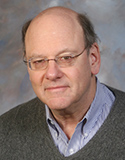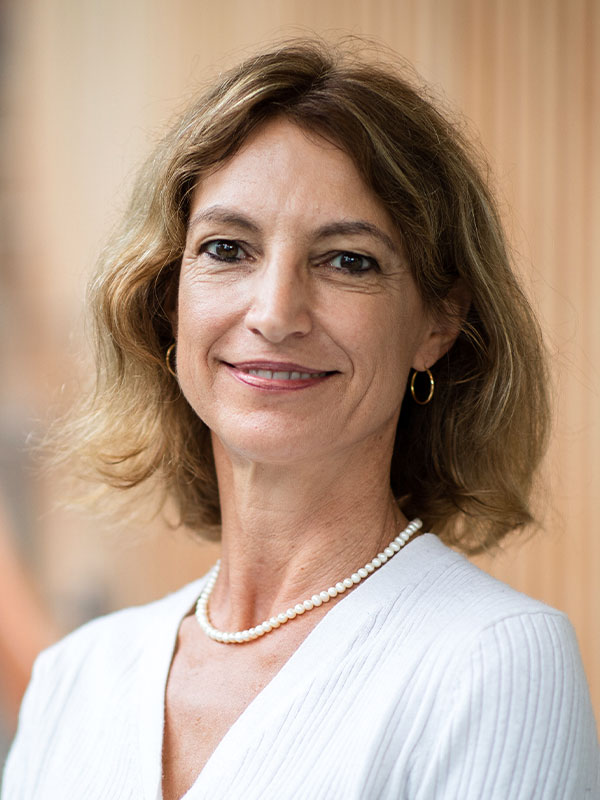Einstein Experts for Media
Neuroscience
Solomon L. Moshe, M.D.

Professor, The Saul R. Korey Department of Neurology, Einstein
Charles Frost Chair in Neurosurgery & Neurology, Einstein
Vice-Chair & Director, Pediatric Neurology & Clinical Neurophysiology, Department of Neurology, Einstein
Chief, Pediatric Neurology, The Children's Hospital at Montefiore
EpilepsyPediatric neurologyNeurophysiology
Translational research
Dr. Moshé is an authority on the mechanisms that underlie the development of epilepsy and on the consequences of the disease in infants and children as a function of gender. read more...
Robert H. Singer, Ph.D.

Professor and Co-chair, Anatomy & Structural Biology
Co-director, Gruss Lipper Biophotonics Center
Professor, Dominick P. Purpura Department of Neuroscience
Professor, Cell Biology
Harold and Muriel Block Chair in Anatomy & Structural Biology
Single-cell imagingmRNABiophotonics
Dr. Singer is a leader in the field of biophotonics, which enables scientists to observe activities within living cells at the molecular level, and in the study of mRNA, a molecule that controls the expression and positioning of proteins within cells. Dr. Singer, who was called a “pioneer” by Science magazine, leads a robust lab that focuses on how RNA is expressed by the genome and how it travels from the site of its birth to its ultimate location in the cell where it makes proteins. read more...
Sophie Molholm, Ph.D.

Professor, Pediatrics
Professor, Dominick P. Purpura Department of Neuroscience
Professor, Psychiatry and Behavioral Sciences
Director, Sheryl and Daniel R. Tishman Cognitive Neurophysiology Laboratory
Co-Director, Rose F. Kennedy Intellectual & Developmental Disabilities Research Center (IDDRC)
AutismBrain imaging (Electrophysiology and fMRI)Sensory processingMultisensory integrationExecutive functionPredictive processing
Dr. Molholm is a leader in the field of multisensory integration and focuses her research on developmental disorders, with an emphasis on autism, and on rare genetic conditions. She studies how the human brain processes and integrates sensory inputs—sight, sound, and touch—to impact perception and behavior. She also studies higher order processes such as attention and executive function, and how these interact with lower order cortical processes. Using non-invasive techniques, including brainwave electroencephalogram (EEG) recordings and magnetic resonance imaging (MRI), Dr. Molholm examines the link between deficits in information processing and autism, and how these relate to different neurodevelopmental and neuropsychiatric conditions. read more...

Tablet Blog